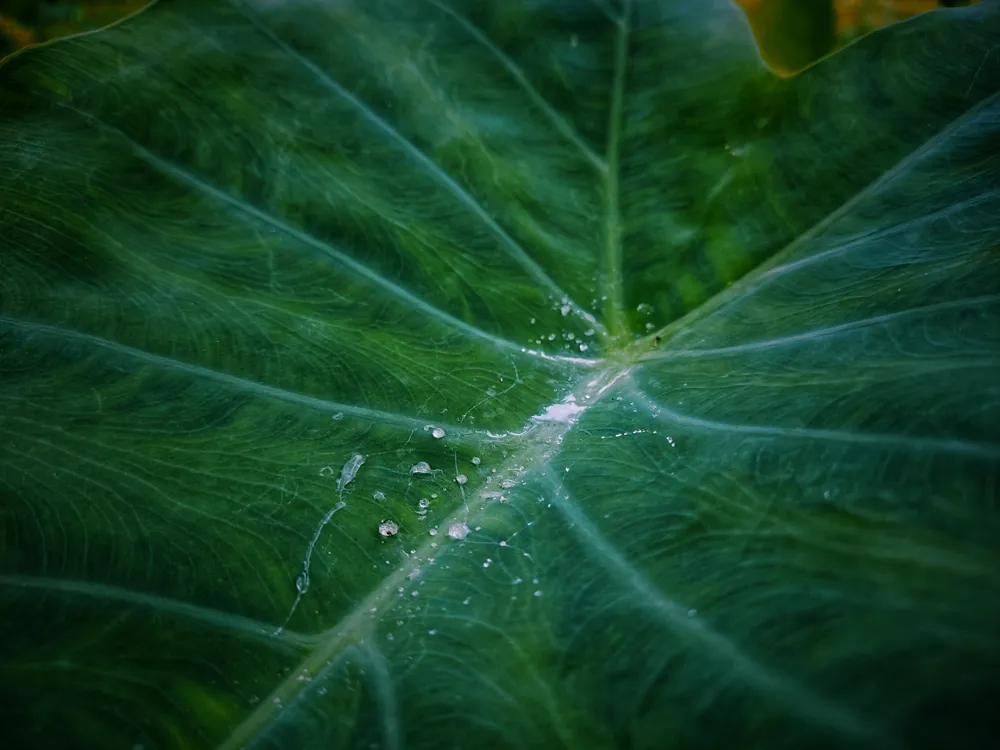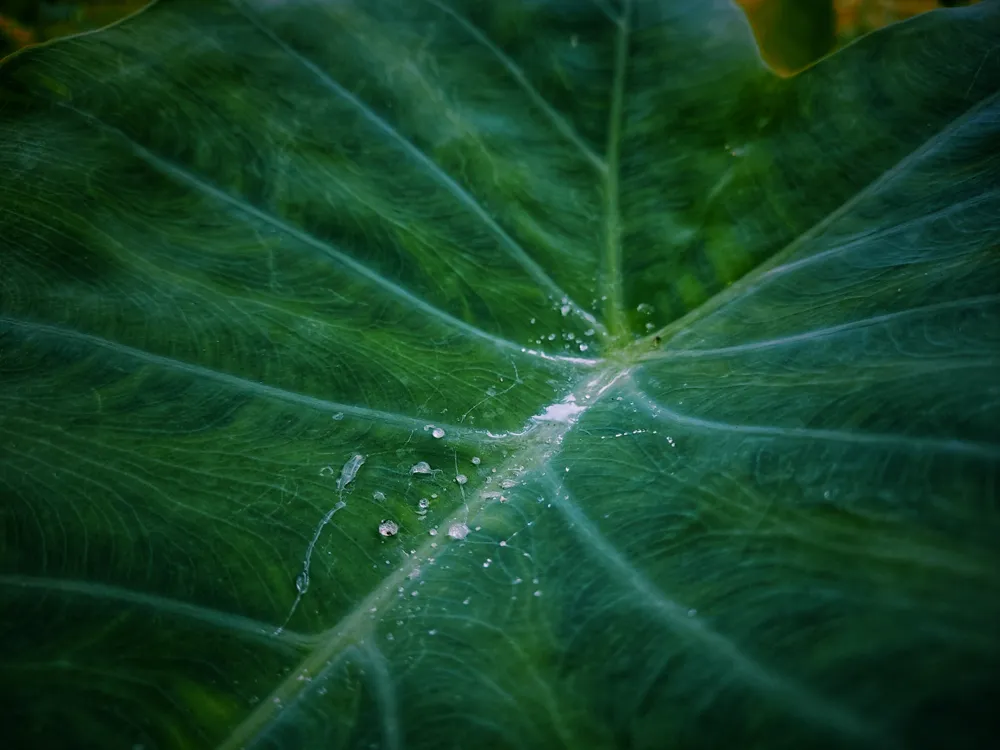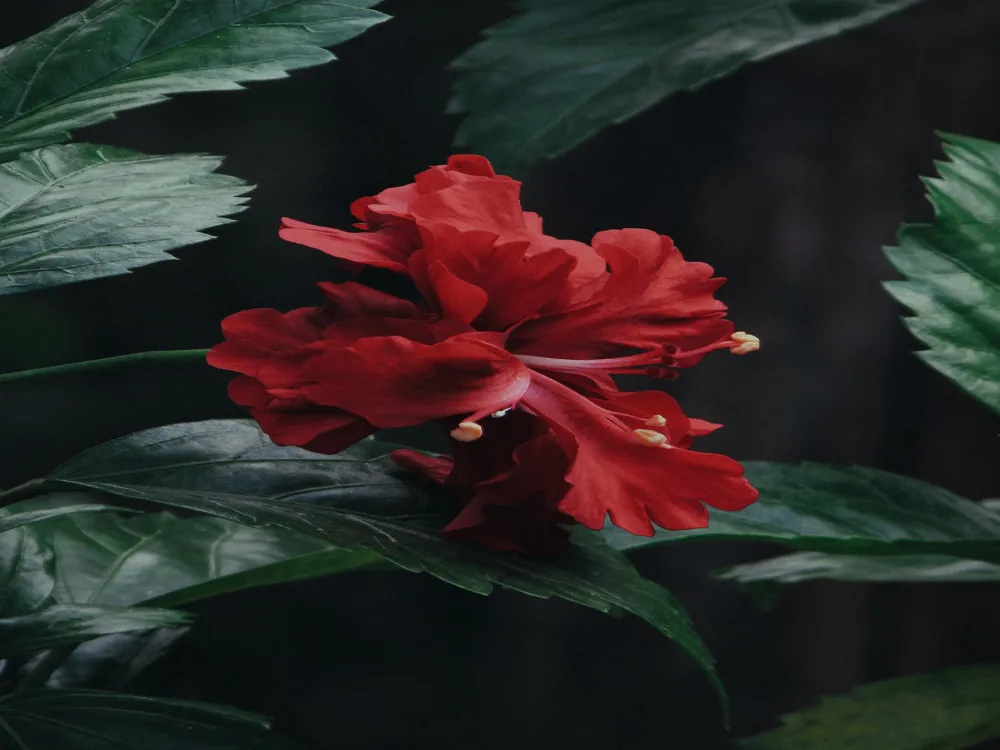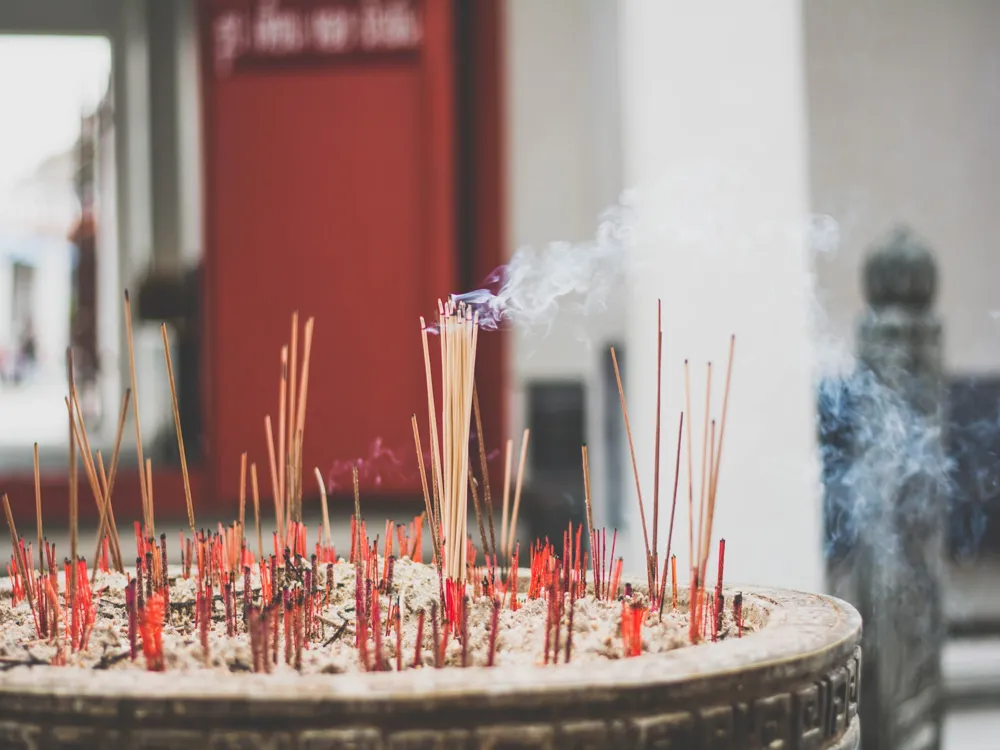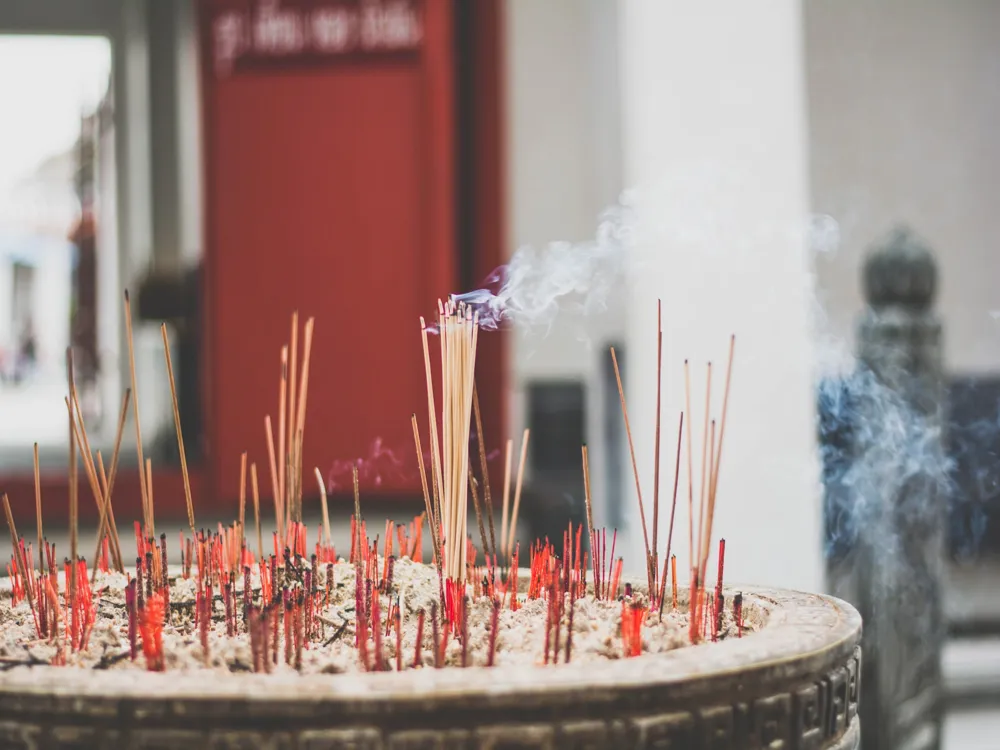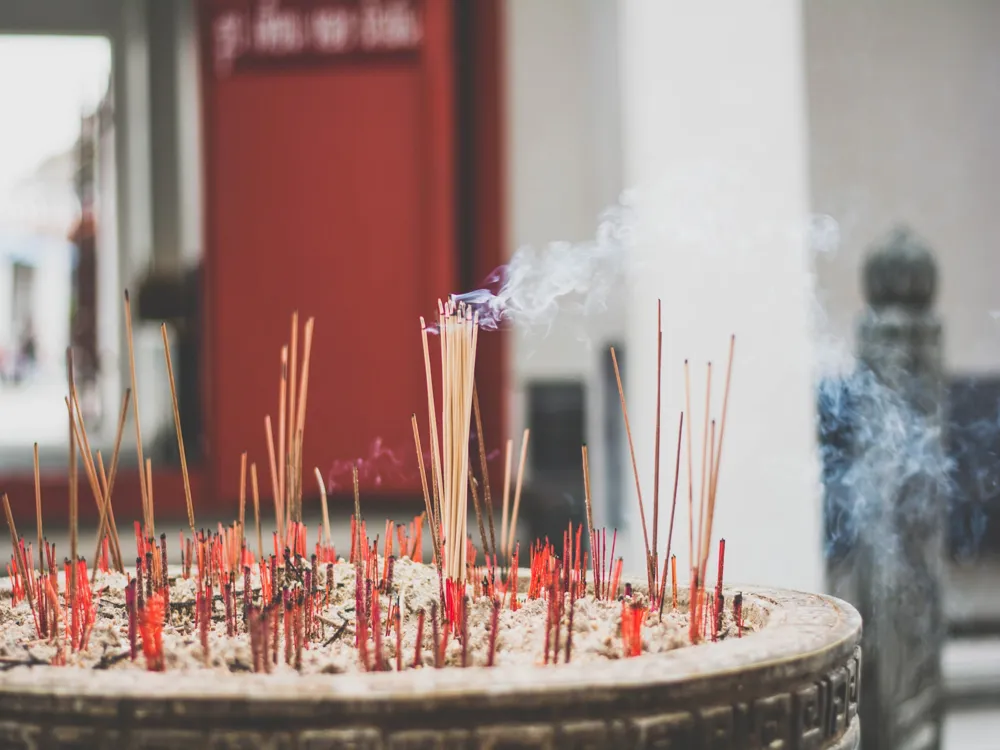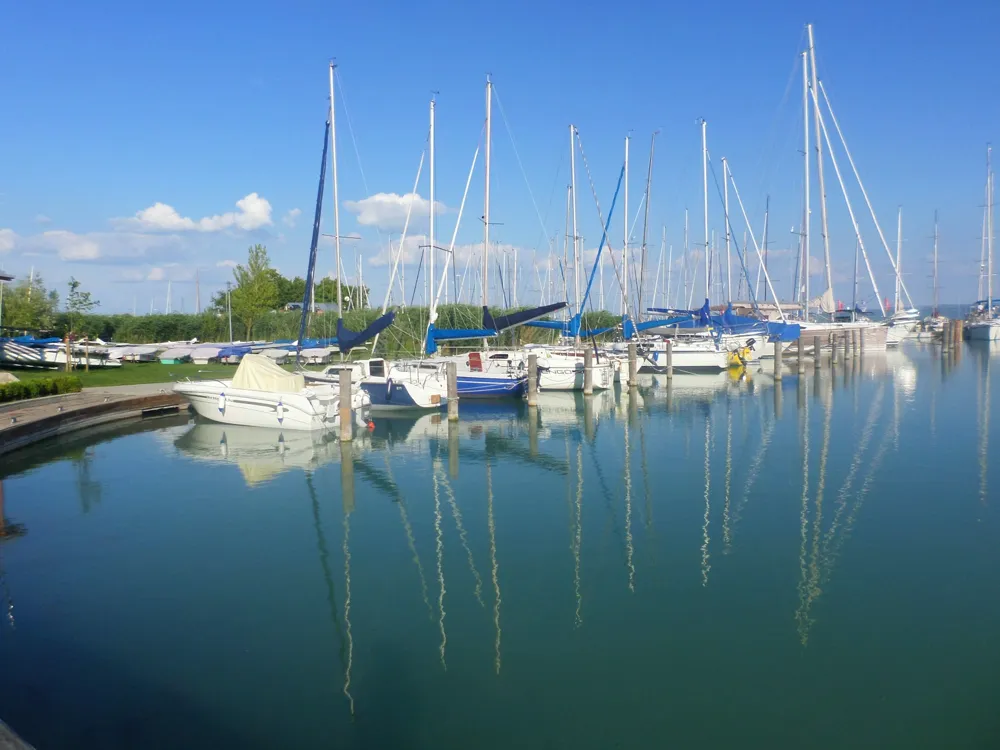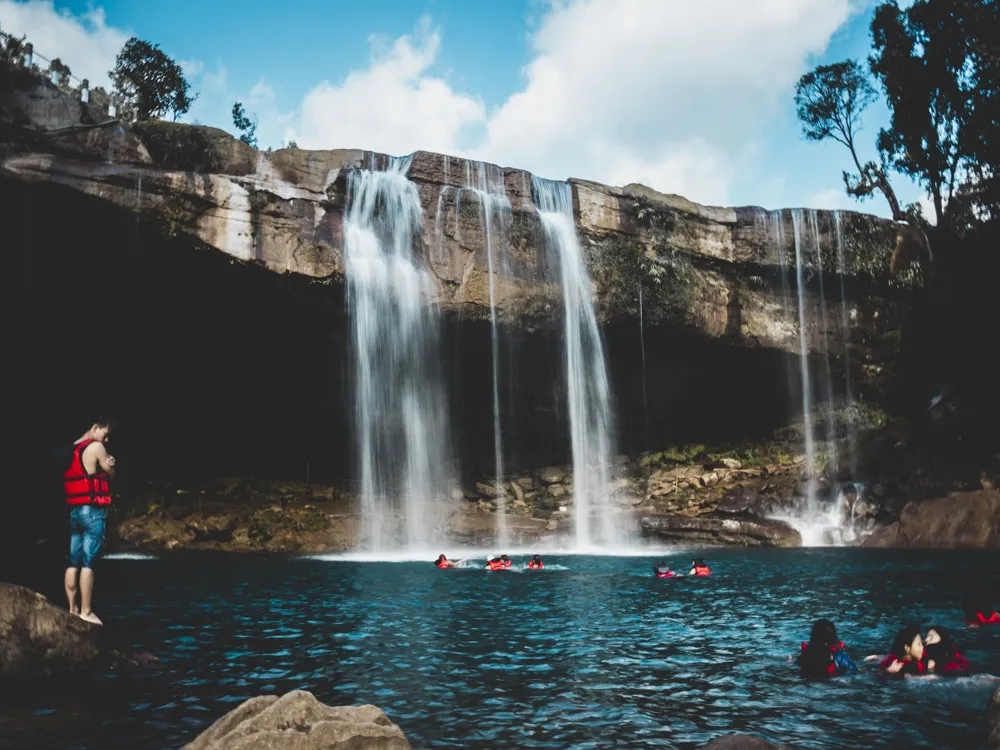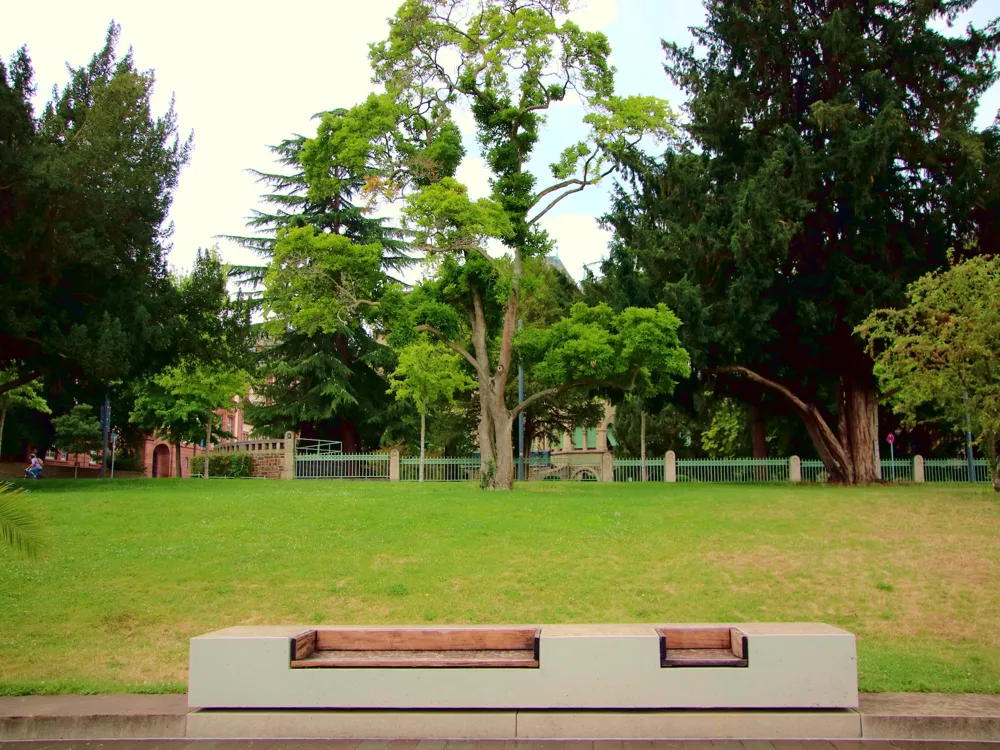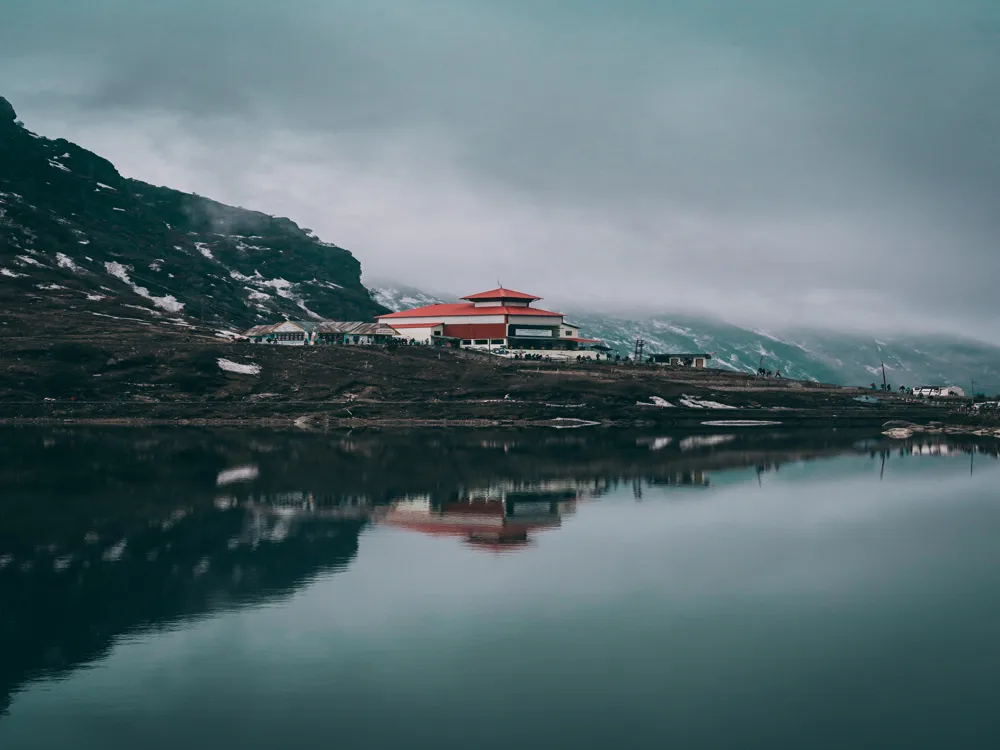Mahmara Pukhari, nestled in the serene landscapes of Nalbari in Assam, is a hidden gem waiting to be explored. This picturesque pond, surrounded by lush greenery and an aura of tranquility, has been a significant part of Assam's cultural and historical tapestry. The name 'Mahmara Pukhari' itself is derived from the local dialect, where 'Mahmara' signifies 'a large area' and 'Pukhari' means 'pond'. This enchanting place is not just a natural wonder but also a testament to the rich cultural heritage of Assam. The history of Mahmara Pukhari dates back centuries and is steeped in local folklore and legends. It is believed that the pond was created by the mighty Ahom kings who ruled Assam for over 600 years. The pond served multiple purposes, from being a source of water for the surrounding communities to a strategic point for the defense of the kingdom. Over the years, Mahmara Pukhari has evolved, narrating the story of time through its tranquil waters. Visitors to Mahmara Pukhari are greeted by an expanse of calm water, which mirrors the sky above and the verdant foliage that encircles it. The pond is home to a diverse range of flora and fauna, making it a haven for nature enthusiasts and bird watchers. The area surrounding Mahmara Pukhari is equally captivating, with traditional Assamese villages dotting the landscape, offering a glimpse into the simple yet vibrant rural life. The architecture of Mahmara Pukhari is a reflection of the rich cultural and historical significance of the region. The design elements of the pond and its surroundings are deeply rooted in Assamese traditions and showcase the ingenious engineering skills of the ancient Ahom dynasty. The pond, though natural in its formation, has been enhanced over the years with various architectural elements that add to its charm and historical value. One of the key architectural features of Mahmara Pukhari is the series of steps leading down to the water. These steps, made of local stone, are not only functional but also add an aesthetic element to the pond. They provide easy access to the water for various purposes, including religious rituals and daily chores of the local community. The steps also serve as a gathering place for locals and visitors alike, offering a space for contemplation and interaction. Around the pond, some several small temples and shrines showcase the religious significance of Mahmara Pukhari. These structures are built in the traditional Assamese architectural style, characterized by simple yet elegant designs, sloping roofs, and the use of locally sourced materials. The integration of these temples into the natural landscape of the pond creates a harmonious blend of spirituality and nature. The flora around Mahmara Pukhari further enhances its architectural beauty. The pond is surrounded by lush greenery, including a variety of indigenous trees and plants. This green cover not only adds to the aesthetic appeal of Mahmara Pukhari but also plays a crucial role in maintaining the ecological balance of the area. The trees provide shelter to numerous bird species, making the pond a vibrant ecosystem teeming with life. Although Mahmara Pukhari is a year-round destination, the best time to visit is between October and April. During these months, the weather is pleasant, and the natural beauty of the pond and its surroundings is at its peak. Respecting local customs is crucial when visiting Mahmara Pukhari. Visitors are advised to dress modestly and behave respectfully, especially near religious sites. Engaging with locals can also provide insightful experiences and a deeper understanding of the region's culture. As a natural site, Mahmara Pukhari requires visitors to be ecologically sensitive. Avoid littering, disturbing the wildlife, or damaging the flora. Always follow designated paths and guidelines set by local authorities. Reaching Mahmara Pukhari is convenient, with multiple options available for travelers. The nearest airport is Lokpriya Gopinath Bordoloi International Airport in Guwahati, which is well-connected to major cities in India. From the airport, Mahmara Pukhari is a scenic drive away, with various transport options like taxis, buses, or car rentals available. For those preferring train travel, Nalbari railway station is the closest, and from there, local transport can be availed to reach the pond. The journey to Mahmara Pukhari is as mesmerizing as the destination itself, with verdant landscapes and glimpses of Assamese culture along the way. Read More:Overview of Mahmara Pukhari, Nalbari, Assam
Architecture of Mahmara Pukhari
Tips When Visiting Mahmara Pukhari
Best Time to Visit
Local Etiquette and Customs
Ecological Sensitivity
How To Reach Mahmara Pukhari
Mahmara Pukhari
Nalbari
Assam
NaN onwards
View nalbari Packages
Nalbari Travel Packages
View All Packages For Nalbari
Top Hotel Collections for Nalbari

Private Pool

Luxury Hotels

5-Star Hotels

Pet Friendly
Top Hotels Near Nalbari
Other Top Ranking Places In Nalbari
View All Places To Visit In nalbari
View nalbari Packages
Nalbari Travel Packages
View All Packages For Nalbari
Top Hotel Collections for Nalbari

Private Pool

Luxury Hotels

5-Star Hotels

Pet Friendly







